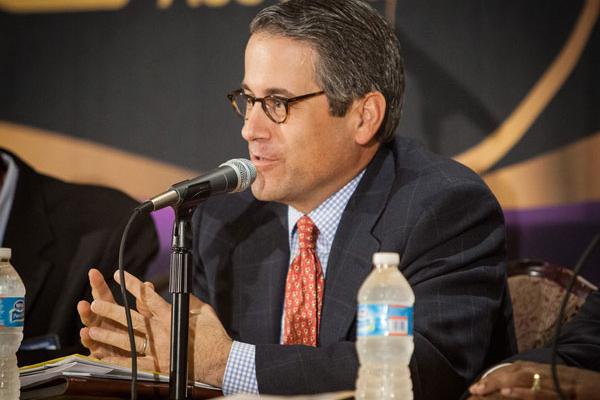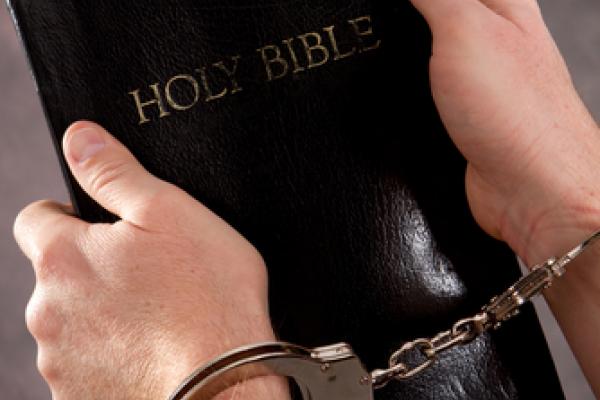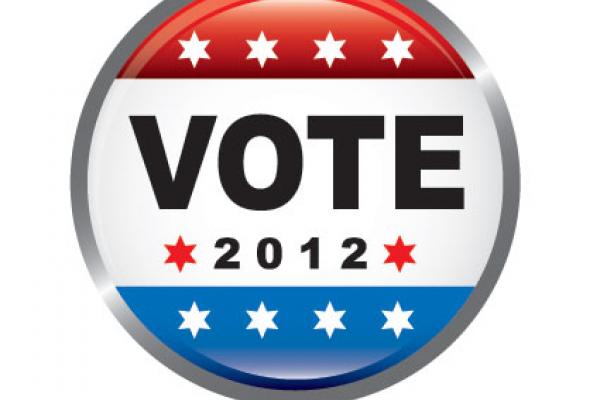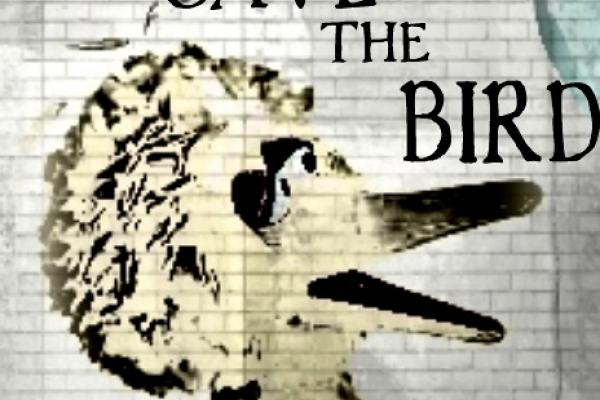BETHESDA, Md. — With voters focused intently on pocketbook issues, both Mitt Romney and President Barack Obama are framing their faith-outreach efforts around the economy as the presidential campaign enters its final weeks.
That marks a shift from previous election cycles, campaign advisers say.
“That’s a major difference between this election and the last. The economy is the single issue that transcends every demographic, every coalition, every interest group,” said Mark DeMoss, an evangelical who has led Romney’s efforts to rally conservative Christians — a key Republican voting bloc — around the GOP nominee, who is a Mormon.
“Evangelicals are no less interested in the unemployment rate and the cost of living than non-evangelicals,” DeMoss added.
TORONTO — The Canadian government is canceling the contracts of all non-Christian chaplains at federal prisons.
By next spring, Muslim, Jewish, Sikh and other non-Christian inmates will be expected to turn to Christian prison chaplains for religious counsel and guidance.
In an email to reporters on Oct. 4, the office of Public Safety Minister Vic Toews, who is responsible for Canada's federal penitentiaries, said the government "strongly supports the freedom of religion for all Canadians, including prisoners."
Editor's Note: This is the third article in Lisa Sharon Harper’s election season blog series, Watch the Vote. You can read the last article here.
With 28 days to go until our nation chooses its 45th president, a string of court victories have knocked down Jim-Crow-style barriers to voting that have been erected in states across the nation. But 13 states are still under the oppressive weight of laws designed to suppress the vote.
According to the Brennan Center for Justice, starting in early 2011, 41 states introduced legislation to restrict voting laws. Nineteen quietly passed 25 laws and two executive actions, some of which require government-issued photo IDs, proof of citizenship, fewer early-voting days, the elimination of Election Day voter registration, created barriers to voter registration drives, and created more obstacles for citizens with past criminal convictions.
The good news is that over the past few months we have seen one court case after another block the enactment of the worst provisions of these new Jim Crow laws. According to a recent Brennan Center study, 10 courts have blocked or blunted restrictive voting laws — and the Department of Justice blocked one more — since Oct. 3.
A “creed” is an authoritative expression of belief, and within many religious communities, such statements generally emphasize a core affirmation of faith.
In addition to articulating primary convictions, creeds are used to oppose alleged falsehoods. For example, the Nicene Creed, composed in the fourth century, is a Christian proclamation that – among other things – affirmed the divine nature of Jesus, and was thus directed against those who believed otherwise. The Apostle’s Creed, developed in the first or second century, emphasized the humanity of Jesus, as some groups rejected such notions. While the history of Christianity is filled with numerous creeds, the Apostle’s Creed and Nicene Creed continue to serve as primary declarations of faith for millions of Christians around the world.
...
The following is my attempt to draft a contextual creed. In it I sought to stay within the Trinitarian formula, I stayed within the self-imposed length restrictions (it contains 164 words!), my draft has developed over the course of time, and because I fully acknowledge its many shortcomings and limitations, I will surely alter it may times into the future:
So yeah, it’s my birthday, and that really doesn’t have anything to do with church signs. But hey, I gotta call it something, right???

In 2007, I boarded a plane bound for Africa for the first time.
That trip took me to Kenya, Tanzania, the island of Zanzibar, and Malawi.
And that trip changed me — heart, mind, soul — forever transforming my family and my world.
Today, five years almost to the day since I flew to Nairobi to begin my first African adventure, I'm sitting in the international terminal of Dulles airport in Washington, D.C., waiting to board a 787 Dreamliner bound for Addis Ababa, Ethiopia.
An adventure lies ahead. And yet, so much more than that.
I've been to Africa twice now (this is my third visit to continent), and each time the people I've met and experiences I've had on the journey — all of it dripping with a grace so palpable I could almost smell it like so much sandalwood smoke wafting from an incenser — have shaped me and recalibrated my spirit.
I don't know specifically what Ethiopia has in store for me, but I am sure of one thing: The Spirit will be there.
OK, the @firedbigbird tweets have been hilarious.
And it's almost understandable that America has given so much attention to the Big Bird comments from Tuesday's debate. (@Firedbigbird had more than 31,000 Twitter followers as of late Friday afternoon.)
I mean, Romney's comment was definitely a "zinger."
We get it. It's funny. But come on.
On Thursday, Public Broadcasting System (PBS) CEO Paula Kerger talked to CNN about the issue, and she couldn't believe the iconic children's TV star has gotten this much attention either.





